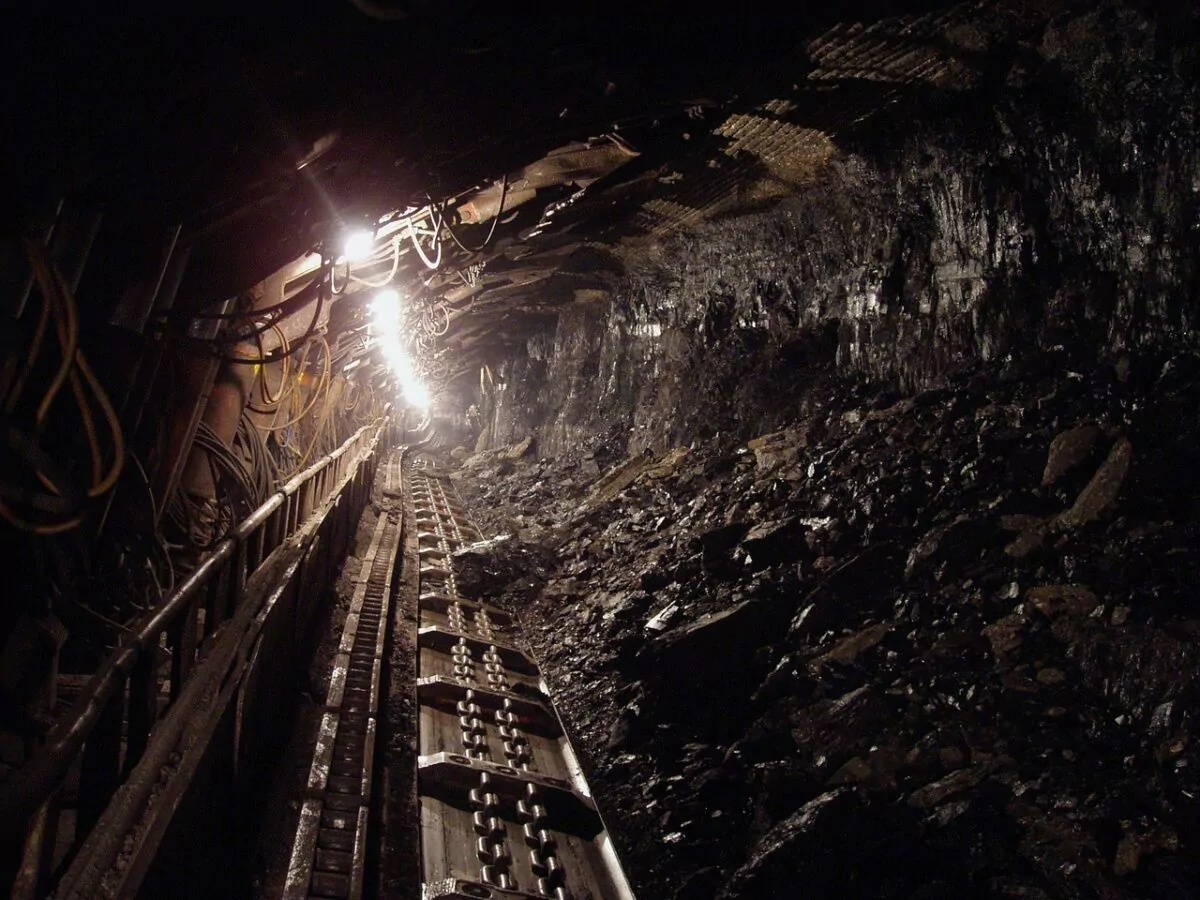Complexul Energetic Oltenia has put out to tender a 208 million lei contract for the rail transport of coal from the mine to the Craiova, Ișalnița and Turceni power stations.
Urmărește mai jos producțiile video ale Economedia:
- articolul continuă mai jos -
At a minimum quantity per framework agreement of 6.8 million tones and a maximum of 19.5 million tones, the contract runs for 38 months, which means that, beyond the hurdles it faces from the EU, environmental activists and other international entities, coal still has a few years of life left in Romania.
CEO runs on lignite and is still the only major power generation unit in Romania that can regulate the system if weather factors are unfavorable (drought, no wind, etc.). Coal – hard coal is also burned to produce energy at the Hunedoara Energy Complex, but this company has much higher costs and is drastically under capacity and on the verge of insolvency. CEH still receives only small, system adjustment contracts from the state.
However, going back to the CEO tender, it has 90% price and 10% company capacity as criteria for deciding between the bids. Here, points are awarded gradually for a daily capacity of between 9,000 and 14,000 tones of coal. At the maximum scored capacity, loading means seven train sets, which should arrive within 24 hours of placing the order. Tenders open on 12 November.
Romania’s biggest rail shippers are Grup Servicii Petroliere and CFR Marfă. The companies, one private, the other state-owned, have over the years shared the coal haulage contracts of the big thermal power stations.
CEO is the second largest player in the local electricity market, with a 22% market share, and is in big trouble because coal-fired power generation is no longer on the agenda of an EU that wants decarbonisation and the Green Deal by all means. The CO2 emission certificates that the complex has to buy to operate have risen explosively in the last two years, from €13-14 to over €50 today. As a result, coal-fired power generation has become inefficient, unable to compete in the market with hydro or nuclear or wind. It is only recently, amid the enormous rise in electricity prices, that the CEO is once again profitable.
Romania has pledged to the EU to phase out coal by 2030. It is not clear what will replace this source’s contribution to national consumption and how much it will cost to build new “clean” capacity. Until then, however, the country’s thermal power plants can’t just sit on their hands – they have to spend to become greener. Last year, CEO received the green light from the European Commission to start the notification procedure, the final stage in the process of approving the restructuring and decarbonization plan. CE Oltenia’s restructuring and decarbonization plan was designed and structured over five years, during which time the company must become viable by streamlining operations and switching to renewable and less polluting resources, and involves investments estimated at €3.5 billion.
In the EU, countries like Poland and Germany are somewhat at odds with the Green Deal. Poland does not agree to close thermal power plants earlier than 2040, the Germans have just commissioned new coal-fired capacity and have not made a concrete commitment on when they will close all their plants. Both countries accept that the future belongs to eco-friendly energy sources, but are not yet ready to give up the security that coal brings.
Edited for English

 Sursa foto: Pixabay
Sursa foto: Pixabay





























